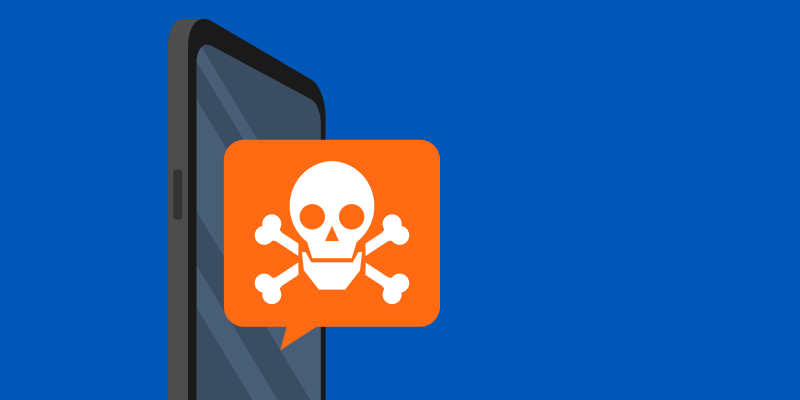Smishing Scams – Serious Fraud with a Silly Name!
Smishing attacks aim to gain access to your
private information by using SMSs to target victims. Smishing is becoming an
emerging threat that continues to grow over the years. Why? Because mobile
banking is becoming more and more commonly used these days.

Here’s how smishing attacks work:
- You will receive an SMS that seems
legitimately from a popular bank or organisation asking you to contact them on
a number or click on a link.
- Once you contact them or click the link
you will be asked to give out your personal information such as your account
number, password or PIN.
- The scammers now have access to your
accounts, etc. and can do with them what they wish.
In this day and age, people use their
smartphones for basically everything, including online banking. There is a lot
of private information at risk if your phone is exposed to a scammer.

Here’s how to identify a smishing scam:
- You are SMSed and asked to confirm your
private details such as your bank account number, PIN or password. A legitimate
bank will never ask for this over an SMS. The best thing to do is call your
bank or the organisation directly to double-check the SMS is actually from them
and the information is not fake.
- There is a sense of urgency such as if
you do not confirm your account your bank account will be closed or you will
receive an SMS with a link that you need to click on in order to make an urgent
outstanding payment.
- The SMSs are usually from a strange, unknown, toll-free number and the grammar is usually bad or doesn’t make sense.
- Always remember that your bank will never
ask for your private details over the phone!
It only takes one bad SMS to compromise
your overall security! Use a little common sense and caution to ensure that you
don’t become the next victim of smishing.

Comments
Post a Comment